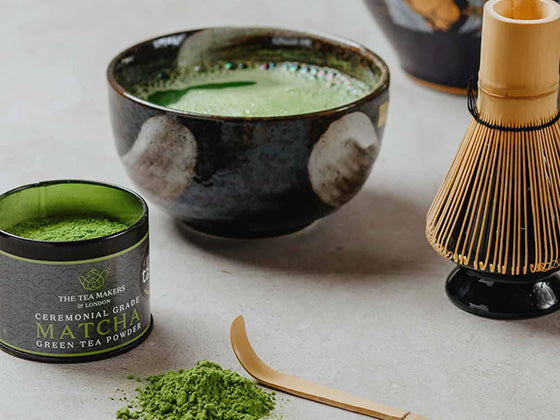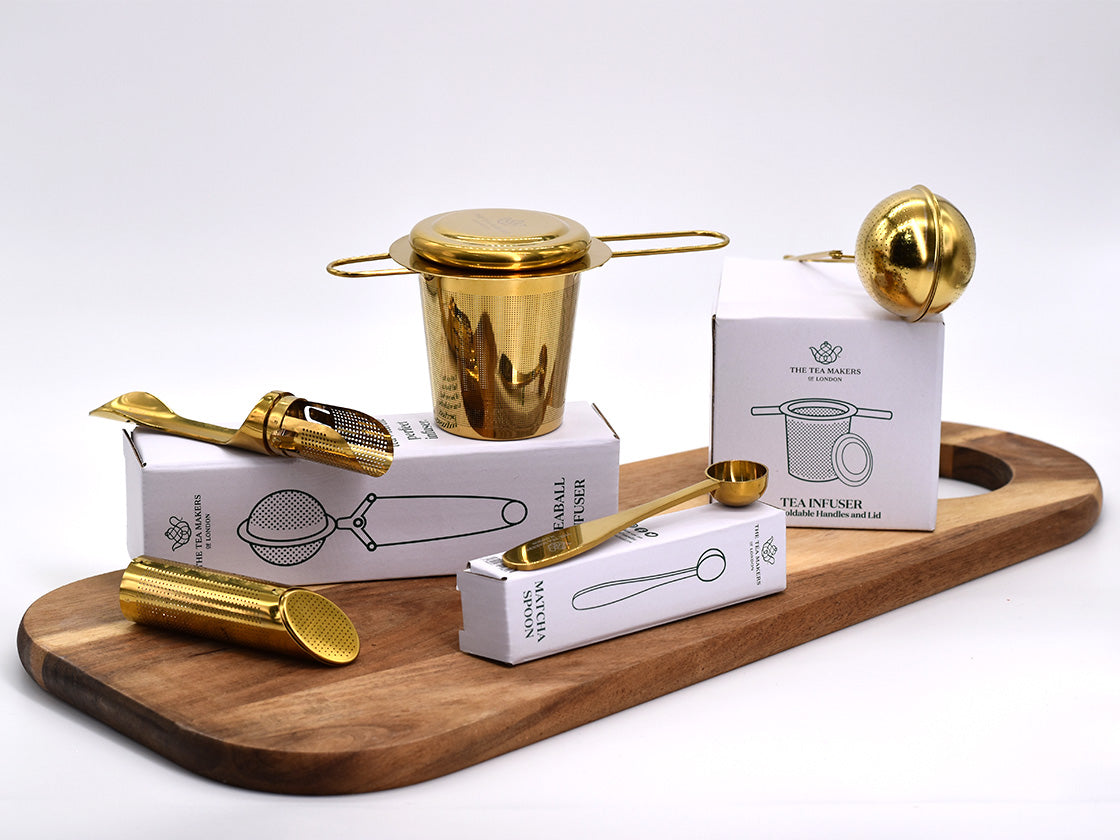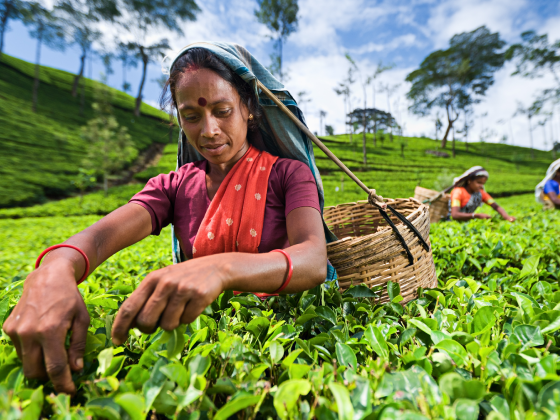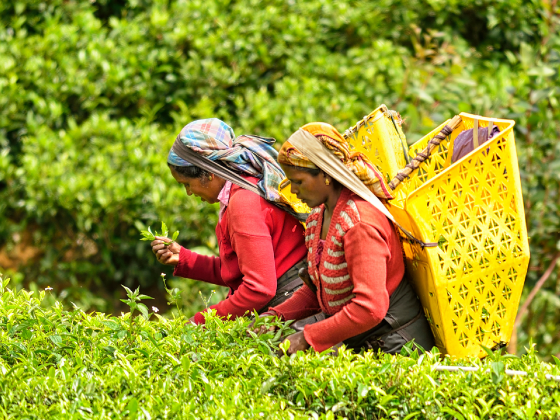In this article, we will explore the various types of food and drinks flavouring available, the differences between each and why they are used.
There is much uncertainty surrounding flavouring in our food and drink products, and people are becoming increasingly aware of what is in their produce. Below, we explore the differences between the various types of flavourings, to let you know what we use at The Tea Makers of London.
Why are flavourings used?
There are many reasons a company may use flavouring in their products. Using flavouring for food and drink allows the production of a variety of speciality tastes. It enables companies to create new and exciting flavours that could not otherwise be experienced as they don't exist in nature. Flavouring also ensures a consistency in quality for customers and forgoes the need to wait for seasonal ingredients to create a much-loved product. In some cases, it could be that a flavouring is used to replace something that is lost in processing.
What types of flavourings are there?
Artificial Flavourings
These are created by altering the chemical structure of a molecule to create a more intense flavour. The new molecules created do not exist anywhere in nature and are completely man-made.
Natural identical Flavourings
These are flavourings obtained from a natural source with the assistance of chemical synthesis. This means that the result will have the same chemical format as the natural flavour, so is the chemical equivalent of a natural product. An example of this is using enzymes to extract flavour compounds from plants.
Natural Flavourings
These are where the original ingredient is extracted, usually enhanced and added back into the product. This is done to ensure consistency in taste.
Extracts/scented teas
These teas are created by allowing a tea to naturally absorb the taste and smell of an ingredient by placing it in close proximity. For example, our jasmine white teas are created by mixing white tea with jasmine buds, then removing the buds after a set amount of time.
So, if both artificial and natural identical flavouring have the same chemical makeup, is there actually a difference?
The answer is, yes!
The main difference between artificial flavouring and natural flavourings, as the names suggest, is where the flavouring is sourced from. One is completely man-made whilst the other two are derived from natural products, then enhanced before being added to the final product.
Artificial flavourings are also simpler and often cheaper to produce, as often a manufacturer will have to go to great lengths to obtain certain natural materials and chemicals to produce the flavouring.
What do we use at The Tea Makers?
Here at The Tea Makers of London, majority (90%) of our products are just pure teas without any flavourings.
However, we use natural and natural identical flavourings in certain types of teas mainly our fruit infusions or teas that are blended with other fruits, flowers and spices. We will always state in the ingredients if a tea includes flavouring if we feel the flavours needs enhancing. We use these to enhance the flavouring where necessary. For example, we use flavouring in our fruit teas, like in Mango Mocktail and Sensational Bora Bora. Scenting is used for our Jasmines teas, which is a completely natural process.
We do not use artificial flavourings in any of our products.
The EU Legislation around flavourings
In July 2008 the European Parliament voted for the FIAP (Food Improvement Agents Package). This included a Regulation on Flavourings, which came into place January 2009, with further updates since this date.
The EFFA (European Flavour Association) states that producers of flavourings have the responsibility to ensure only safe flavourings enter the market. This means that certain flavourings must undergo a risk assessment before they can enter the market. This ensures that all products in the EU market are safe and have been tested. As well as being and tested for consumption, it is also made clear that no company should mislead consumers, meaning that flavourings have to be stated on the label/packaging.
There are also strict regulations around what is classed as what type of flavouring in EU regulations. For example, in Chapter 1, (Article 3.2 (c)) of the EFFA Guidance Brochure, it states that natural flavouring is classified as such if it is obtained from the material of vegetable, animal or microbiological origin, by natural processes, and has been “identified in nature”.
These rules and regulations ensure that everything produced and consumed in the UK is completely safe, whether it be artificial, natural-identical or natural flavouring. If you have any further questions regarding this article or would like further information, please do contact us.








